In C++, I wrote the following simple main:
int main() {
char test[100];
void* a = (void*) test;
void* b = (void*) &test;
std::cout << a << " " << b << std::endl;
return 0;
}
And it gives me the same result for a and b. Why is this? I would expect from the notation that the second be the address of the first..
